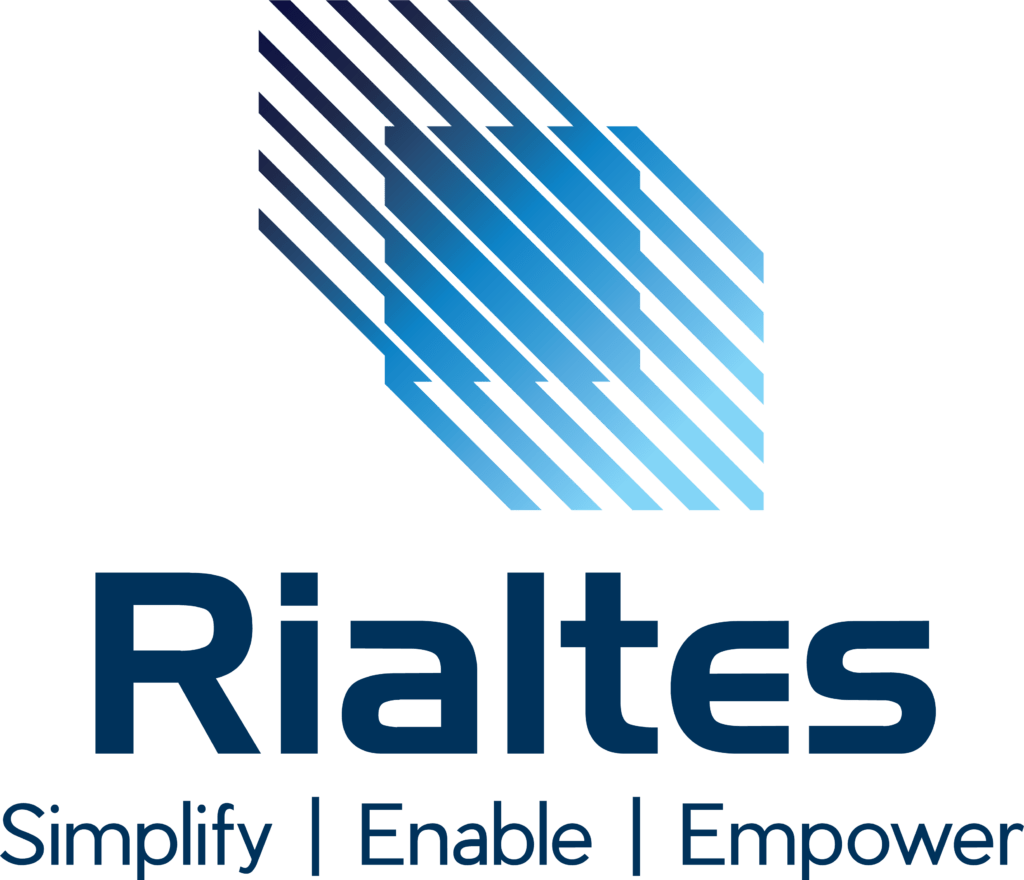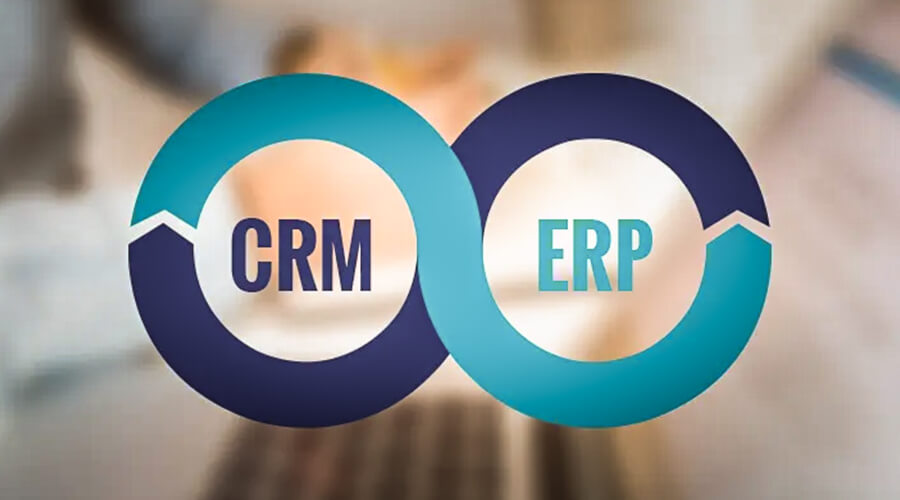Digital transformation never ceases to amaze people. Why do you think people need to compare their work culture, benefits, and other infrastructure to those at Google, Facebook, and Instagram? That’s because their companies have integrated such premium-level services to reduce trial and error in general.
Whether it’s ensuring their employees’ well-being, promoting a healthy work-life balance, or implementing best-in-class ERP and CRM integration, may it be a start-up or a budding enterprise, every business needs the best of both worlds (no, not that Miley Cyrus song), but the unique blend that is ERP and CRM.
Businesses place a high priority on effective and secure consumer information management in an era where data is king. When companies go through a digital transformation, they often want to increase visibility into key business operations and make crucial business processes more efficient.
That is the way to go when collecting data and using it to gain profitability. But what is the benefit of integrating SCM, CRM, and ERP in an organization? Let’s understand the basics first. While there are many ways to increase brand loyalty, you may not be aware that connecting your ERP and CRM solutions is a crucial first step in gaining and keeping devoted consumers.
CRM vs ERP
CRM helps organisations manage how consumers engage with their businesses, while ERP connects financial and operational systems to a single database to help businesses function successfully. Both are essential data storage systems. Customers are a company’s most asset, and digital technologies such as ERP and CRM enable them to capitalize on this opportunity. “SAP ERP Software isn’t designed for people looking for short-term gains; it’s designed for long-term growth.”
Let’s do some math now to back up our claims. Statistics show that after implementing ERP, 49% of businesses experienced a considerable improvement in their business processes, and about 50% want to use ERP going forward. Let us define the differences between the two first.
ERP
- ERP stands for Enterprise Resource Planning.
- It supports companies in handling and maintaining their enterprise functions.
- It's a superset of SAP (Systems, Applications, and Products).
- It is classified as back-office operations.
- ERP is a centralized way of simplifying all activities.
- ERP is a web-based application
- The focus is on building the company's efficiency and projecting growth.
CRM
- CRM stands for Customer Relationship Management.
- It helps in developing and maintaining customer relationships with the business.
- It's a subset of SAP (Systems, Applications, and Products).
- It is classified as front-office operations.
- CRM is a tool for converting prospective consumers into potential long-term clients.
- CRM is a web-based solution.
- The focus is on the interconnections between consumers and the company.
Integration of CRM and ERP Software
It should now be evident after going over the definitions and differences that both CRMs and ERPs have a lot to offer businesses. It’s also true that these solutions have often only been utilized individually, in part because of their intricate design and varied uses.
However, companies are becoming more and more cognizant of the reality that taking an integrated strategy would benefit them more. Users can benefit more from each platform by integrating their CRM and ERP systems, and they can also take advantage of the benefits of interoperability among each.
ERP and CRM integration are offered via a traditional on-premises approach or via software as a service (SaaS). It is the process by which the vendor administers the program in its own data center and clients access it via the cloud. Some of the pioneers in these fields who have made their mark extensively are:
- Salesforce
- NetSuite
Although CRMs have proved to be more profitable for successful cloud migration due to their simple and buildable structure, another factor was that businesses were originally hesitant to store financial data on the cloud.
Benefits of ERP and CRM Integration
And finally, to answer the biggest question: what is the benefit of integrating SCM, CRM, and ERP in an organization? Integration of CRM and ERP systems allows customers to get more out of each platform. Let us go through some of the beneficial ones:
- Duplicate data is eliminated.
- Reduces the need for manual, error-prone data entry
- Offers clients end-to-end visibility
- Helps with quote generation and order management
- Better sales forecasting becomes achievable.
- Advances in user adoption
- Employee collaboration is enhanced.
How to Implement Both? Opt for a Unified ERP/CRM Integration Solution
Companies that use ERP frequently concentrate on the finance module, but it only covers the basic accounting automation tasks and lets stakeholders view available cash and the flow of money; a CRM that can improve customer communications is the next logical step.
Those using ERP typically focus on the finance module, but it only covers the basic accounting automation activities and allows stakeholders to observe available funds and the cash flow, whereas a CRM can enhance customer relations. ERP systems with CRM built on the platform provide several benefits:
- Unified ERP and CRM systems are typically less expensive than acquiring individual point solutions.
- Without the need for bulk uploads or middleware connections, all information is updated in real-time.
- Systems designed from the ground up for ERP are more capable of handling transactional procedures.
- Streamlined programming, customizations, and the use of third-party tools
With such a brief explanation, I genuinely hope I can answer the question of ERP and CRM integration. So, if you’re still questioning it, read the blog again.





